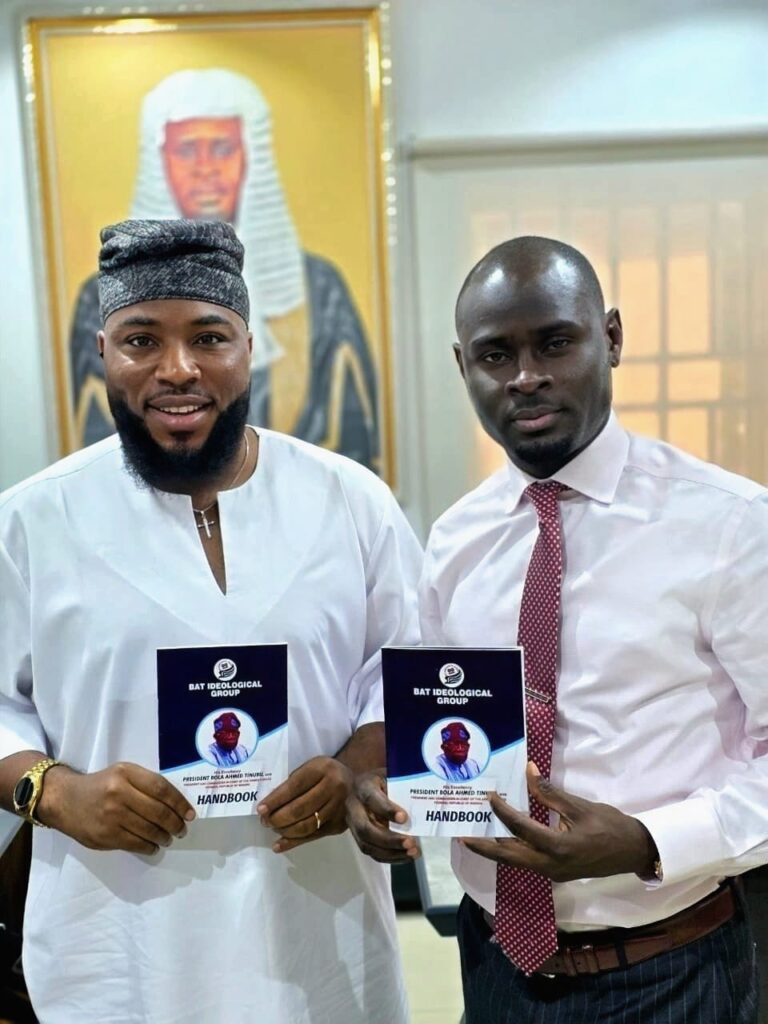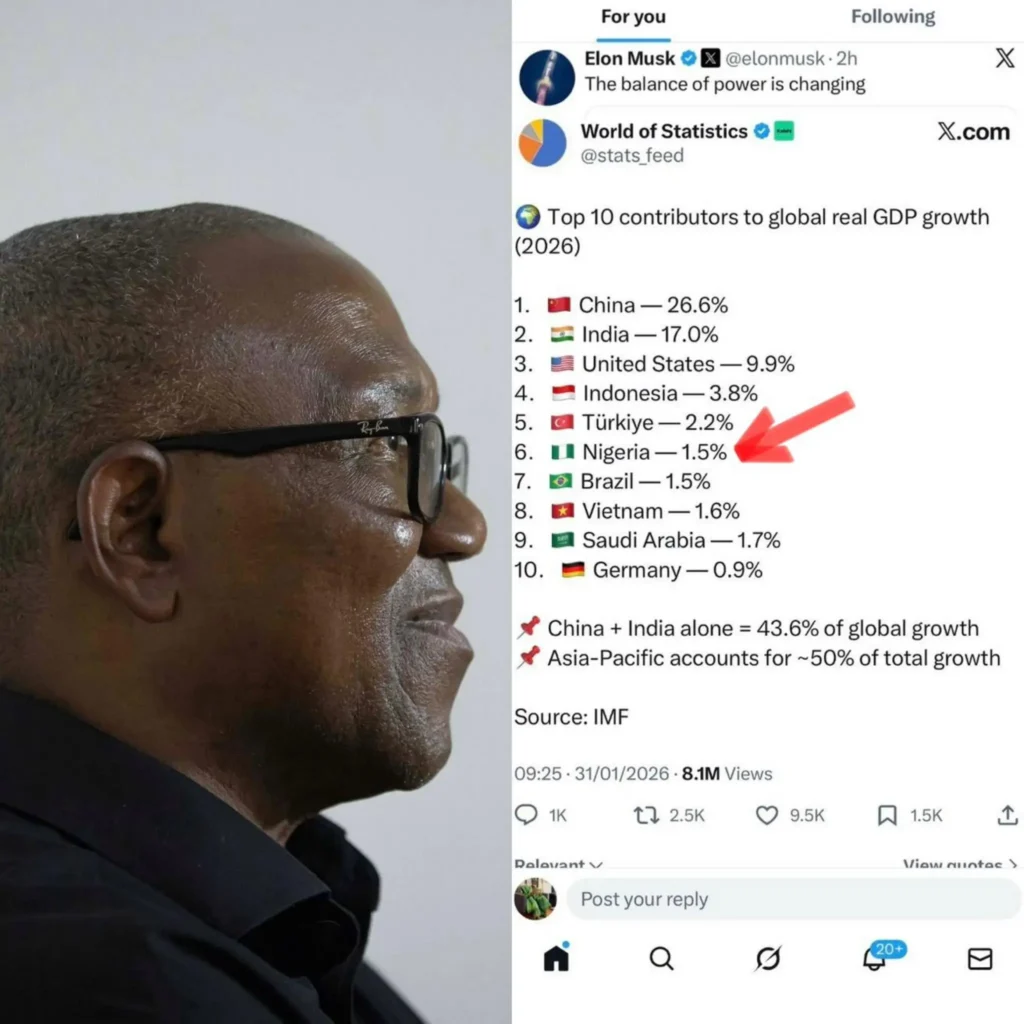EFCC Moves to Strengthen Surveillance Against Illicit Financial Flows at Airports’ Private Wings

The Economic and Financial Crimes Commission (EFCC) has renewed its call for enhanced monitoring of Nigeria’s airports, raising fresh concerns about the growing use of private wings and chartered flight operations for illicit financial activities.
During a strategic engagement with the Director-General of the Nigerian Civil Aviation Authority (NCAA), Captain Chris Najomo, in Abuja, EFCC Chairman Olanipekun Olukoyede stressed that loopholes within private aviation operations were being exploited to facilitate money laundering and other financial crimes.
Olukoyede revealed that intelligence gathered by the Commission indicates that private and chartered flights, which often operate outside the scrutiny faced by commercial airlines, have become attractive channels for those seeking to move large sums of money or other assets without detection. He described the situation as “a critical threat to financial integrity and economic security,” warning that without stronger surveillance, private airport facilities could become entrenched as hubs for illicit financial flows. The EFCC chairman explained that beyond its traditional role of enforcement and prosecution, the Commission is committed to preventive measures that safeguard national resources. He cited recent incidents in which passengers were intercepted with undeclared foreign currencies at airports, adding that such cases provide a glimpse into the risks that can multiply if private aviation services remain inadequately monitored. To close these gaps, Olukoyede disclosed that the EFCC would designate senior officers to work directly with the NCAA in developing a comprehensive framework for intelligence sharing, compliance checks, and joint investigations. This partnership, he said, would be formalized through a memorandum of understanding (MoU) that clearly outlines responsibilities and strengthens inter-agency cooperation. Captain Najomo, in his response, welcomed the EFCC’s involvement, admitting that the NCAA alone cannot fully address the scale of the problem. He pointed to illegal charter operations and unregulated private flights as persistent challenges undermining both aviation revenue and national security. Najomo emphasized that closer collaboration with anti-graft agencies is crucial to ensure transparency, compliance, and the protection of Nigeria’s aviation industry. The push for collaboration comes amid wider efforts by government agencies to curb illicit financial flows through Nigeria’s borders. In recent months, the Nigeria Customs Service and the National Financial Intelligence Unit (NFIU) have intensified operations at airports, focusing on improving compliance with currency declaration regulations and monitoring suspicious movements of funds. Stakeholders in the sector believe that the EFCC–NCAA partnership, if backed with resources and consistent enforcement, could help dismantle networks exploiting private aviation to launder money or bypass regulatory checks. They also caution, however, that political will, regular audits, and strong sanctions against offenders will be necessary to sustain progress. Olukoyede reaffirmed the EFCC’s commitment to ensuring that Nigerian airports are not used as conduits for illegal financial transactions, stressing that transparency in the aviation sector is essential to safeguarding the economy and restoring public confidence in regulatory institutions.








